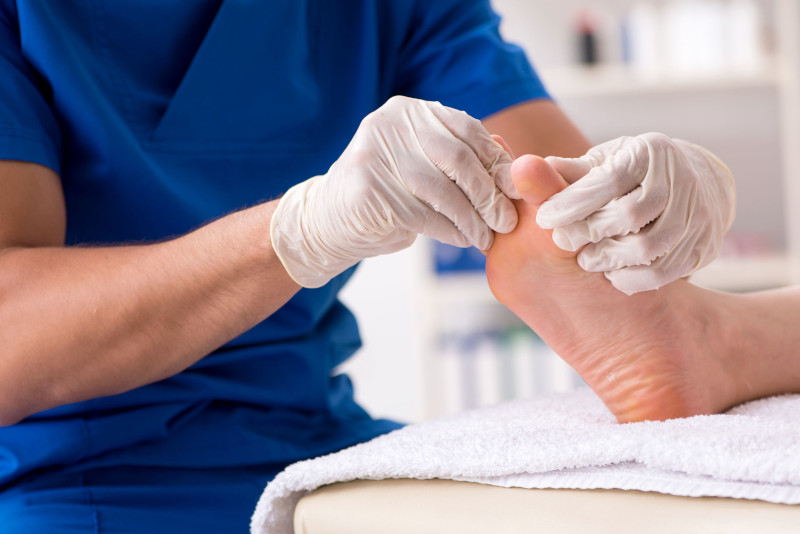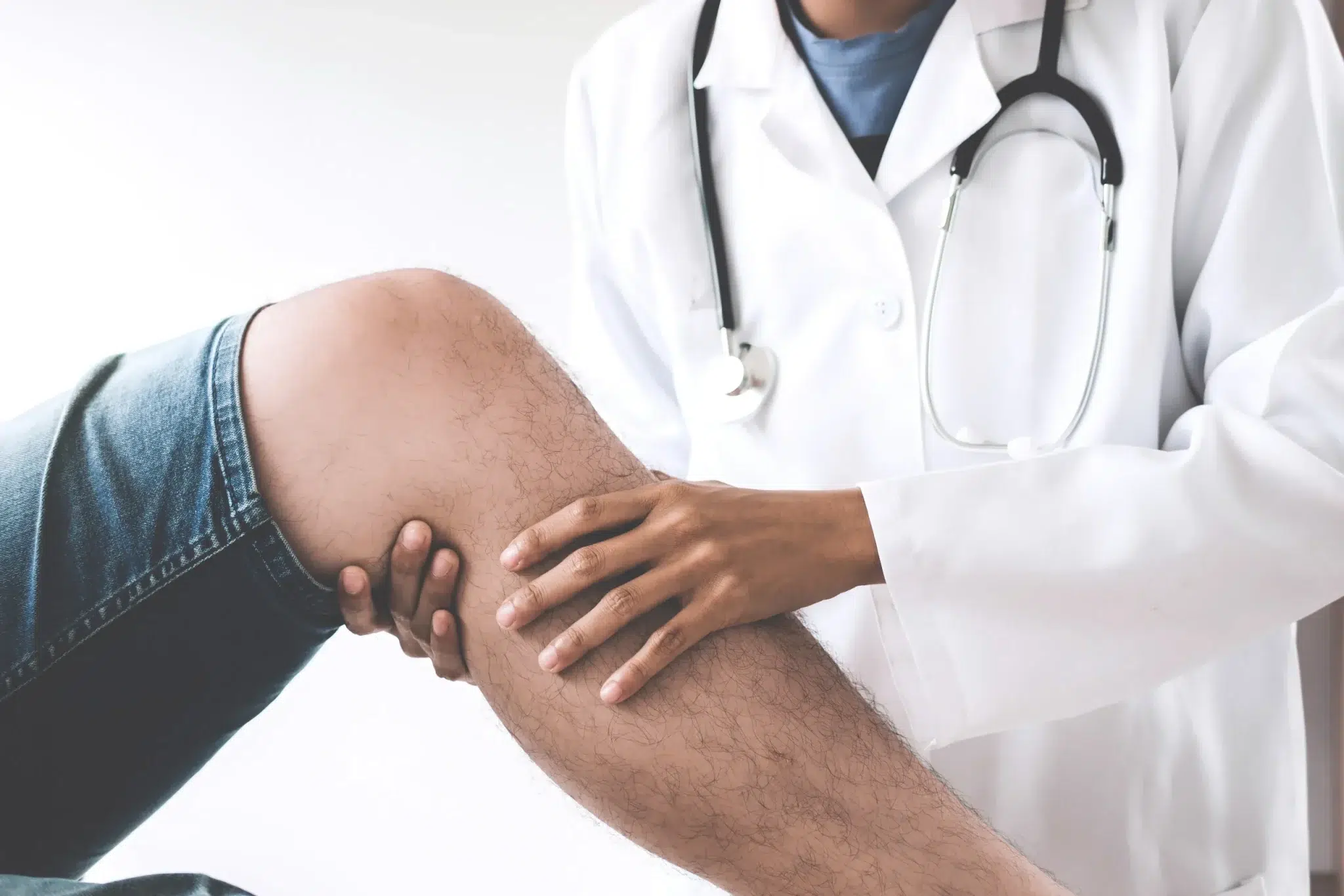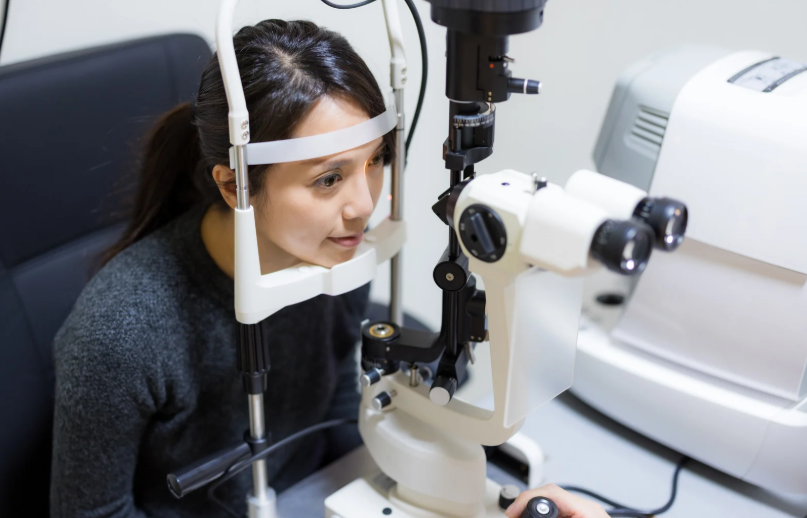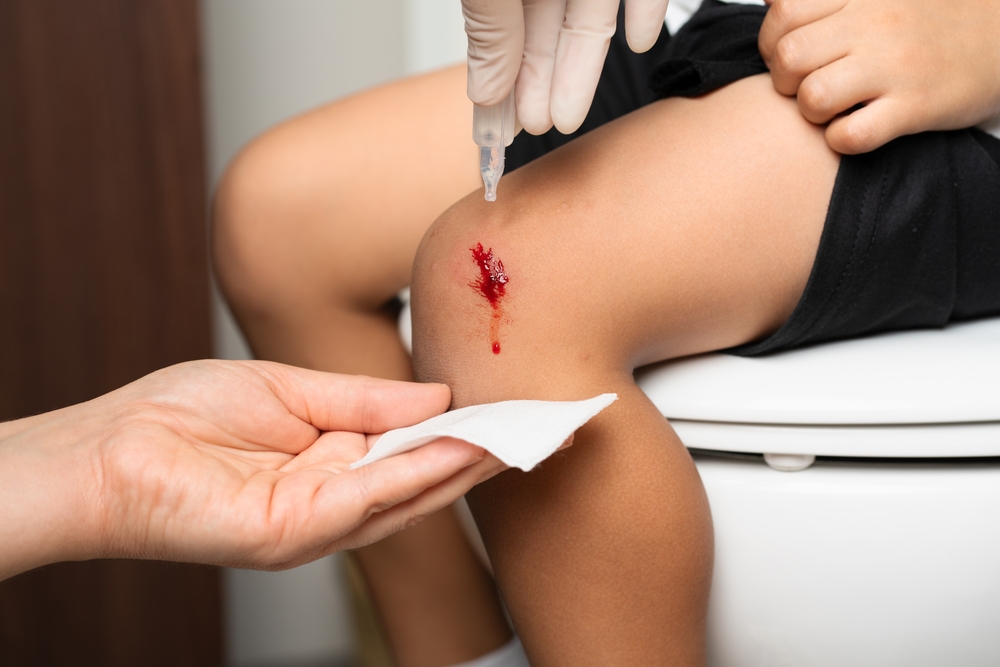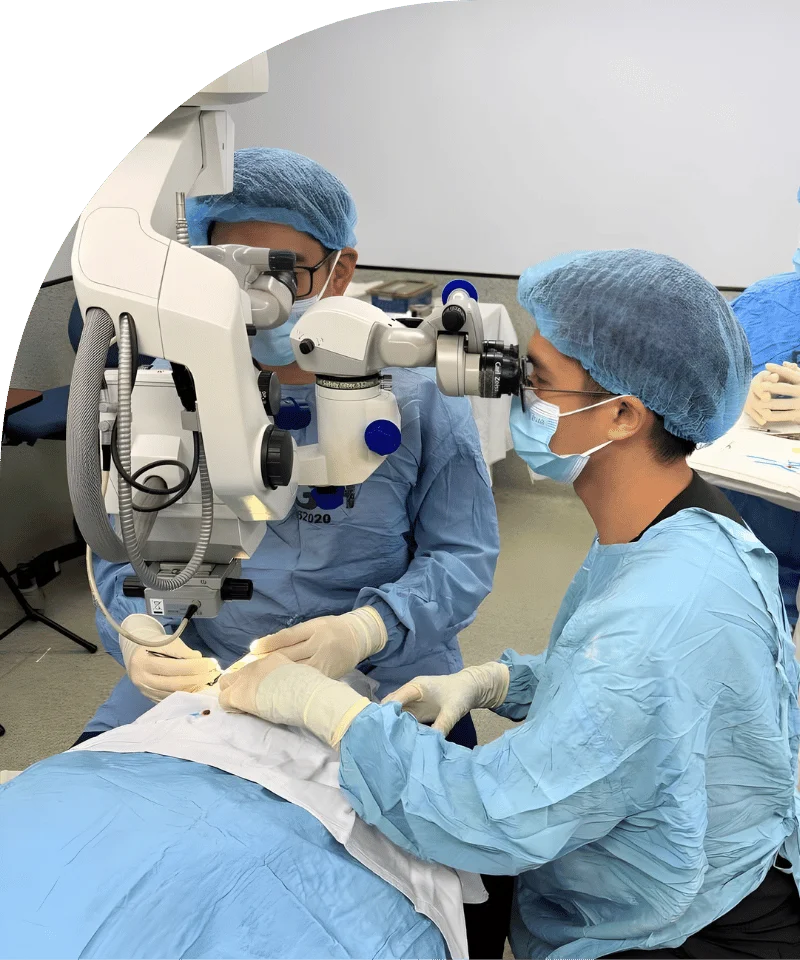Diabetes affects millions of Filipinos, and one of the most serious complications it can cause is the development of foot wounds and ulcers. These wounds often heal slowly, putting patients at risk of infection and even amputation if left untreated. Proper diabetic wound treatment is essential to protect overall health, restore mobility, and prevent further complications. At Kalingap Wound Care Clinic in Quezon City, patients receive expert-driven care tailored to the unique challenges of managing diabetes-related wounds.
What is Diabetic Wound Treatment?
Diabetic wound treatment is a specialized medical approach that focuses on healing foot ulcers and slow-healing wounds caused by diabetes. Unlike ordinary wounds, diabetic sores require structured and targeted care because high blood sugar, poor circulation, and nerve damage make recovery more difficult.
At Kalingap Wound Care Clinic, diabetic wound treatment involves not only cleaning and dressing wounds but also preventing infections, relieving pressure on the affected area, and helping patients learn how to care for their feet long term. The ultimate goal is to encourage healing, reduce pain, and lower the risk of severe complications such as deep infections or amputations.
Common Causes and Risks of Diabetic Wounds
Diabetic wounds develop for several reasons, many of which are tied to how diabetes affects the body. Understanding these causes highlights why professional diabetic wound treatment is necessary.
- Poor Circulation – Diabetes often restricts blood flow to the legs and feet, limiting the supply of oxygen and nutrients that wounds need to heal.
- Nerve Damage (Neuropathy) – Loss of sensation makes it harder for patients to notice small cuts or blisters, which can worsen into ulcers.
- High Blood Sugar Levels – Elevated glucose slows the body’s natural healing process and makes infection more likely.
- Footwear Issues – Ill-fitting shoes or constant pressure on certain areas of the foot can lead to sores and ulcers.
- Weakened Immune Response – Diabetes reduces the body’s ability to fight infection, so even minor wounds become more dangerous.
Without proper diabetic wound treatment, these risks can progress into life-threatening complications.
Signs You Need Diabetic Wound Treatment
Recognizing the warning signs of diabetic wounds is critical. Patients should seek professional diabetic wound treatment if they notice:
- Persistent open sores or foot ulcers that do not heal within a reasonable time
- Redness, swelling, or pain around a wound
- Discharge, pus, or foul odor coming from an ulcer
- Blackened skin around the wound, which may indicate tissue death
- Recurrent wounds or unnoticed injuries due to nerve damage
Timely treatment makes the difference between a wound that heals and one that leads to serious infection.
Kalingap Wound Care Clinic’s Approach to Diabetic Wound Treatment
Kalingap Wound Care Clinic in Quezon City follows a structured and patient-focused method for diabetic wound treatment. Each step is designed to encourage healing, relieve discomfort, and prevent complications.
- Comprehensive Assessment – The clinic’s wound care expert evaluates the wound, checks circulation, and develops a tailored treatment plan.
- Wound Cleaning & Debridement – Removal of dead or infected tissue supports healthy healing and reduces infection risk.
- Protective Dressings & Offloading – Special wound coverings protect against bacteria, while customized footwear or devices relieve pressure on the wound.
- Infection Control – Regular monitoring ensures that infections are caught early, with antibiotics prescribed when necessary.
- Patient Education – Patients receive practical advice on proper foot care, safe footwear, and blood sugar management to prevent future wounds.
By combining medical expertise with patient education, Kalingap ensures that diabetic wound treatment addresses both immediate healing and long-term prevention.
Benefits of Receiving Care at Kalingap Wound Care Clinic
Patients who choose Kalingap Wound Care Clinic for diabetic wound treatment can expect several key benefits:
- Faster wound healing supported by advanced medical techniques
- Lower risk of infections and amputations through careful monitoring
- Affordable care that remains high in quality and accessible to Filipino patients
- Comfort-focused treatment plans designed to protect long-term foot health
- Convenient Quezon City location for easy access to specialized care
These advantages make the clinic a trusted choice for patients who need expert diabetic wound treatment.
Preventive Tips for Diabetic Patients
While professional diabetic wound treatment is essential for recovery, prevention plays an equally important role. Kalingap Wound Care Clinic encourages patients to practice these daily habits:
- Inspect feet daily for cuts, blisters, or redness
- Practice proper hygiene by washing feet carefully and keeping them dry
- Wear appropriate footwear that reduces pressure and prevents blisters
- Control blood sugar levels through diet, exercise, and prescribed medications
- Schedule regular check-ups with a wound care specialist to catch problems early
Prevention reduces the likelihood of severe ulcers and ensures that patients maintain better foot health overall.
Why Choose Kalingap Wound Care Clinic for Diabetic Wound Treatment?
Choosing the right clinic can make a significant difference in recovery outcomes. Patients trust Kalingap Wound Care Clinic in Quezon City for diabetic wound treatment because:
- The clinic specializes in diabetes-related wounds and chronic ulcers
- A highly experienced wound care doctor leads every treatment plan
- Treatments are designed to be affordable without sacrificing quality
- The facility is equipped with modern tools for wound care and monitoring
- The team emphasizes patient comfort, education, and long-term health
This combination of expertise, compassion, and accessibility sets Kalingap apart as a trusted provider of diabetic wound treatment in the Philippines.
Patient Education & Aftercare Support
Healing does not end once a wound closes. Long-term care is essential for preventing recurrence. At Kalingap Wound Care Clinic, patients are given aftercare support that includes:
- Guidance on daily hygiene and proper foot inspection
- Recommendations for protective footwear suited to diabetic needs
- Practical strategies for maintaining healthy blood sugar levels
- Regular follow-up visits to ensure continued foot health
This holistic approach ensures patients not only recover from wounds but also gain the tools to avoid future complications.
Takeaway
Diabetic wound treatment is more than just bandaging a sore. It requires specialized knowledge, careful monitoring, and patient education to ensure complete healing and long-term protection. For individuals in Quezon City and nearby areas, Kalingap Wound Care Clinic provides accessible, expert-driven diabetic wound treatment that restores health, prevents complications, and empowers patients to take control of their foot care.
Frequently Asked Questions About Diabetic Wound Treatment
1. What makes diabetic wounds harder to heal than regular wounds?
Diabetes slows blood circulation, damages nerves, and reduces the body’s ability to fight infection. These factors make wounds heal much more slowly compared to non-diabetic patients.
2. How long does diabetic wound treatment usually take?
Healing time depends on the severity of the wound, the patient’s overall health, and how well blood sugar levels are controlled. Some ulcers may heal in weeks, while more severe ones can take months.
3. Can untreated diabetic wounds lead to amputation?
Yes. If left untreated, diabetic wounds can become infected, spread to deeper tissues, and eventually require amputation. Early treatment is critical to prevent this outcome.
4. What type of doctor provides diabetic wound treatment?
A wound care specialist, such as the doctor at Kalingap Wound Care Clinic, is trained to handle complex wounds and diabetes-related complications.
5. How can patients prevent diabetic wounds from recurring?
Patients should maintain good blood sugar control, wear protective footwear, check their feet daily, and visit a wound care clinic for regular examinations.

